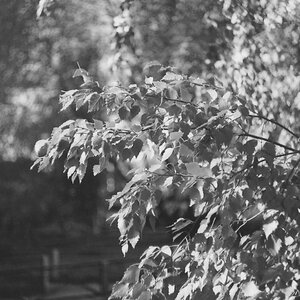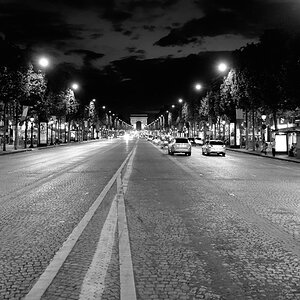elrick
TPF Noob!
- Joined
- Oct 22, 2004
- Messages
- 375
- Reaction score
- 1
- Location
- New York, USA
- Website
- www.cityphotolab.com
- Can others edit my Photos
- Photos NOT OK to edit
And for some Nature photographs it's just impossible to do the "same thing" again...as much as I would like to do so...Hertz van Rental said:If you create a piece of work for yourself and someone likes it and buys it - well, that is the dream. In my experience, though, when it happens you find it is either a one-off or that subsequent patrons want more of the same thing.













